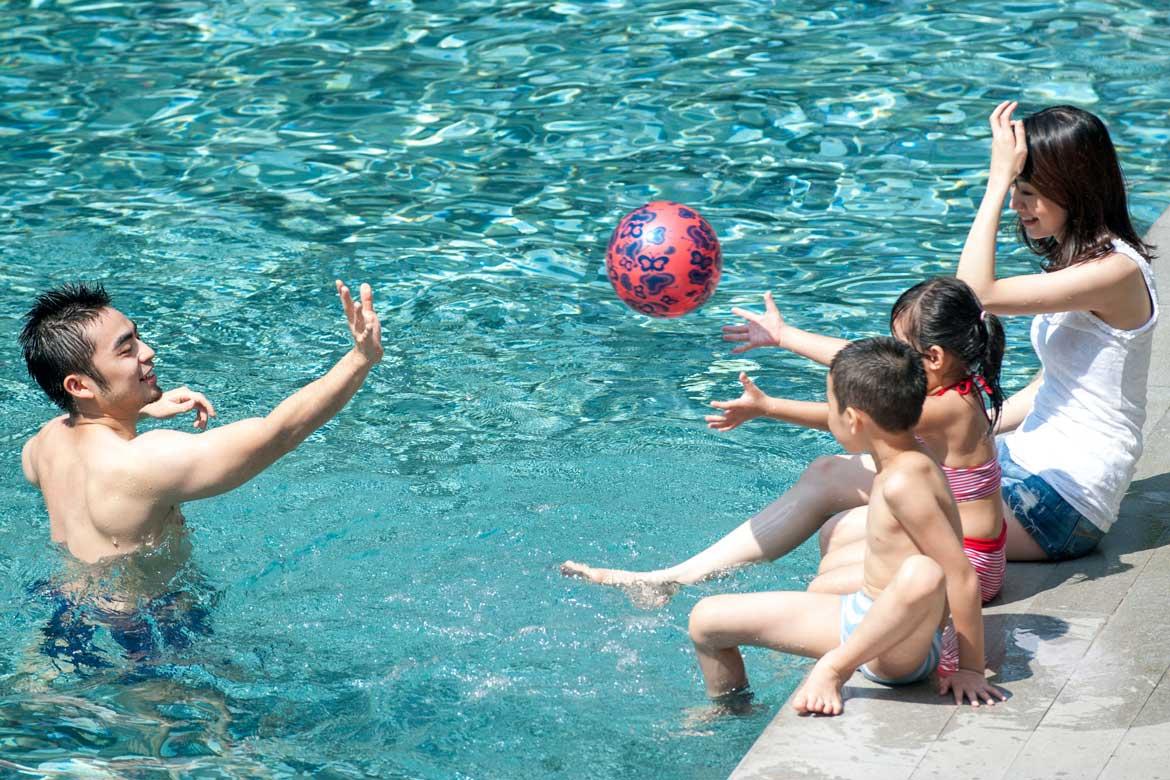Health Plus articles
Post-drowning Complications in Children
Introducing your child to swimming at a young age can be beneficial. However, there are many dangers that come with swimming. Learn the signs of danger and what to do.
Understanding and Improving Your Child’s Gut Health
A healthy gut is essential for your child’s overall well-being and development. Here’s what parents should know about nurturing good gut health from an early age.
Keeping Your Child Safe from Mpox: A Parent’s Guide
As the mpox situation evolves globally, Dr Alison Snodgrass shares how mpox affects children and what parents can do to keep them safe.
Understanding and Managing Fussy Eating in Children
Discover how to differentiate between typical fussy eating and more serious issues, effective strategies for managing mealtimes, and when to seek help.
Welcoming Premature Babies: What Parents Need to Know
Premature birth brings significant challenges, including health risks and developmental concerns. Dr Alison explains what to expect when welcoming a premature baby.
A Practical Guide To Parenting When You're Sick
Learn useful tips to protect your child's health and prevent the transmission of illnesses from caregivers, ensuring a safe and nurturing environment for your little ones.










